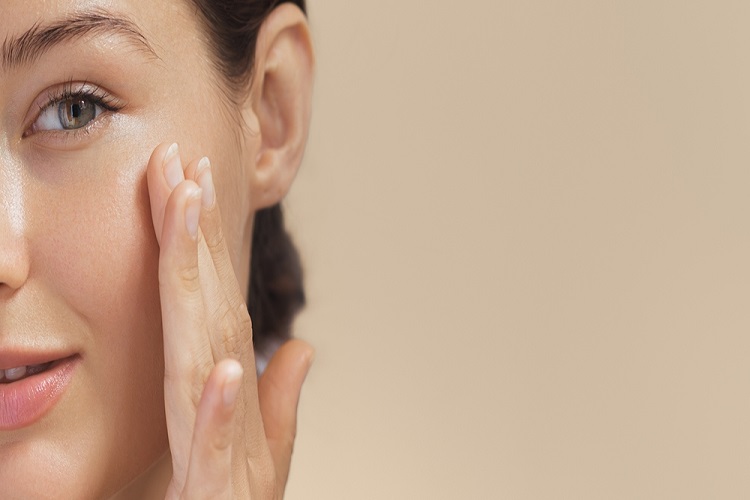Everyone knows that smoking can cause lung cancer and cardiovascular problems. It also worsens asthma symptoms and leads to emphysema and other chronic lung problems. But one of the most significant smoking side effects is that it ruins your teeth health, causes some emergency dental issues and makes you go to an emergency dental office. Smoking restricts blood flow to the mouth and makes it a breeding ground for bacteria reproduction. Besides, smoking can cause the following:
- Bad breath
- increases recovery time after surgery
- causes teeth discoloration
- and increases the risk of oral cancer
Our Richmond Hill emergency dentist can help you in any case of a dental emergency. So call us for more information.
How does smoking damage your teeth?
Tobacco can damage your teeth in many ways. Cigarettes limit the mouth’s ability to fight infection and make it vulnerable to bacteria. Plaque and bacteria grow when your mouth can’t fight it. This can lead to various problems, from teeth discoloration to tooth loss, the need for root canal treatment, and other emergency dental problems.
When you smoke, you weaken the body’s immune system. Your body will have a hard time protecting itself. Blood circulation in your mouth is drastically reduced when you smoke. Particles in tobacco can also erode teeth and destroy the protective tooth enamel coating. In case you continue smoking for a long time, you will need emergency dental care sooner or later.
What is the effect of smoking on your teeth?
Not surprisingly, teeth are severely damaged by tobacco. Symptoms of emergency dental problems may include the following:
_Teeth discoloration
_Bleeding gums
_Plaques that have gotten so hard
_Tooth decay
_Dry mouth
How does smoking damage the gums?
Cigarettes can weaken the gums and cause periodontal disease. The problem occurs when bacteria grow in the mouth on the gums or the soft tissue around the teeth. The gums become inflamed, and periodontal disease soon develops.
Why is smoking harmful to the gums?
Smokers produce more bacterial plaque in their mouths because the nicotine in cigarettes reduces the amount of oxygen transported to the mouth’s soft tissues. At the same time, nicotine disrupts blood vessels, which can hide the signs of gum disease. When smokers develop a gum infection, they are less likely to have bleeding gums, and it makes infection diagnosis difficult for a dentist.
Special emergency dental care for smokers
If you have not yet quit smoking, here are some dental tips that can help decrease oral problems:
Using mouthwash regularly: It is best to choose a strong formula that kills bacteria. Also, make sure you keep mouthwash in your mouth for at least 60.
Floss daily: Flossing may seem difficult when you are tired after a long day but is especially important for smokers. Using dental floss is a practical way to prevent plaque from building up on the teeth. If you notice heavy bleeding while flossing, this could be a sign of periodontal disease.
Examine your tongue and gums carefully at your dentist’s office: Inform your dentist of your smoking habits to check the signs of periodontal disease and oral cancer. The sooner these problems are diagnosed, the higher the likelihood of an effective treatment.










Comments